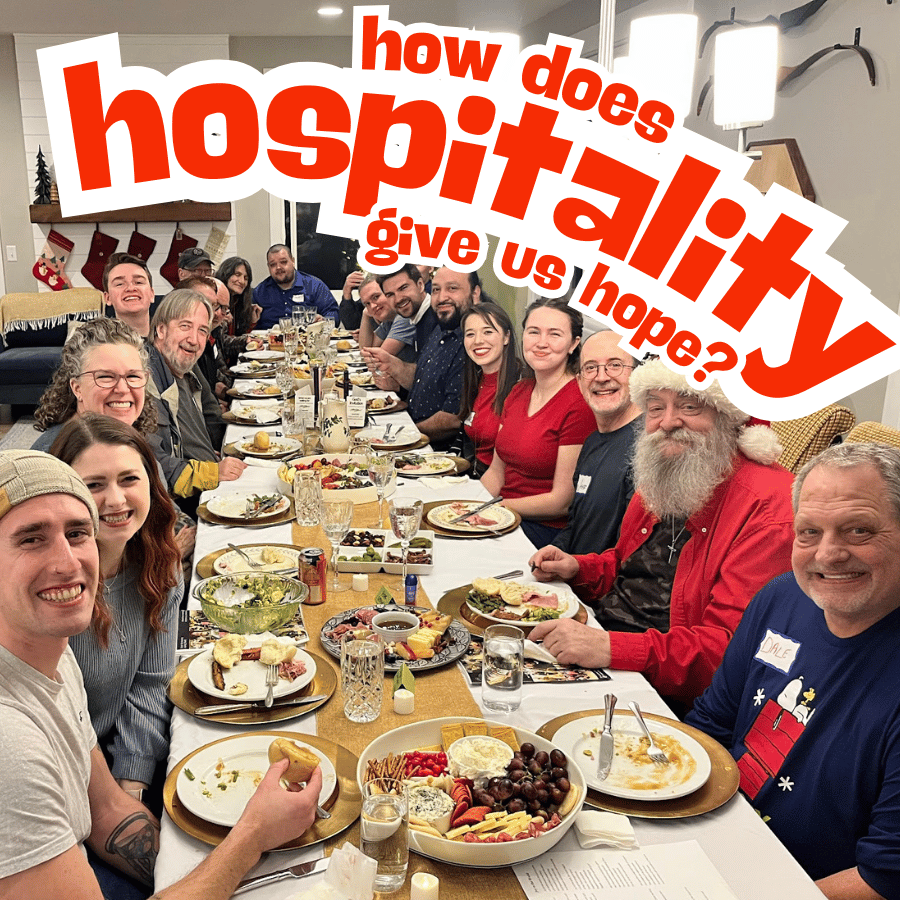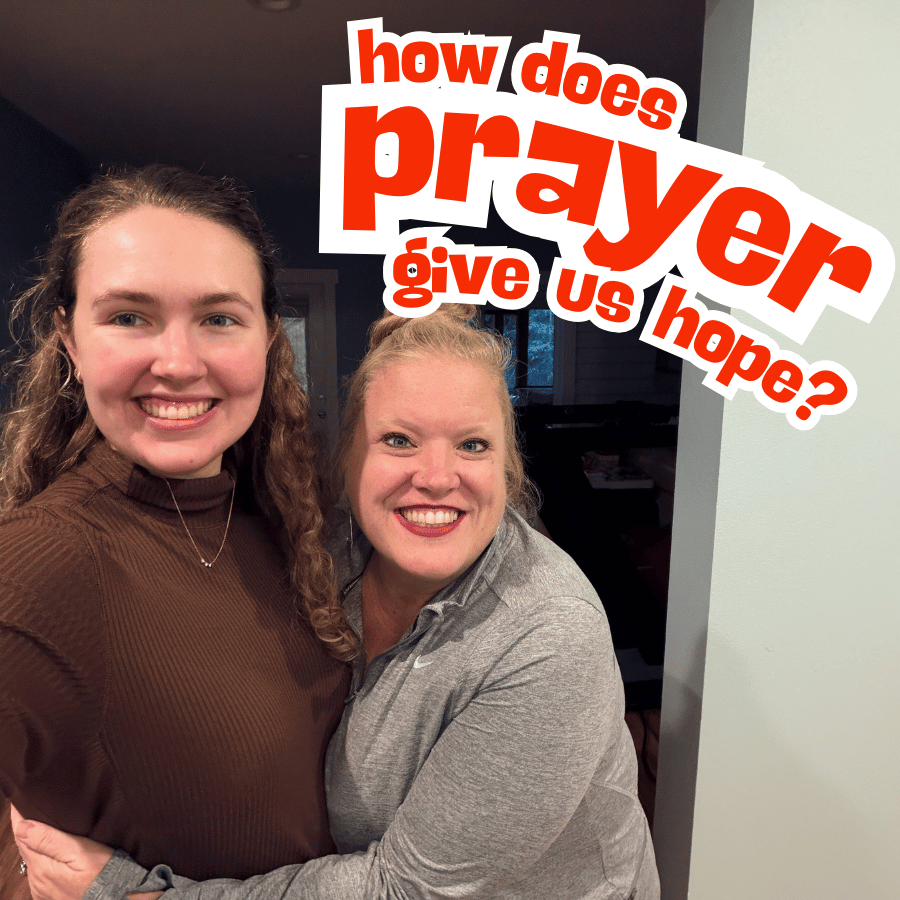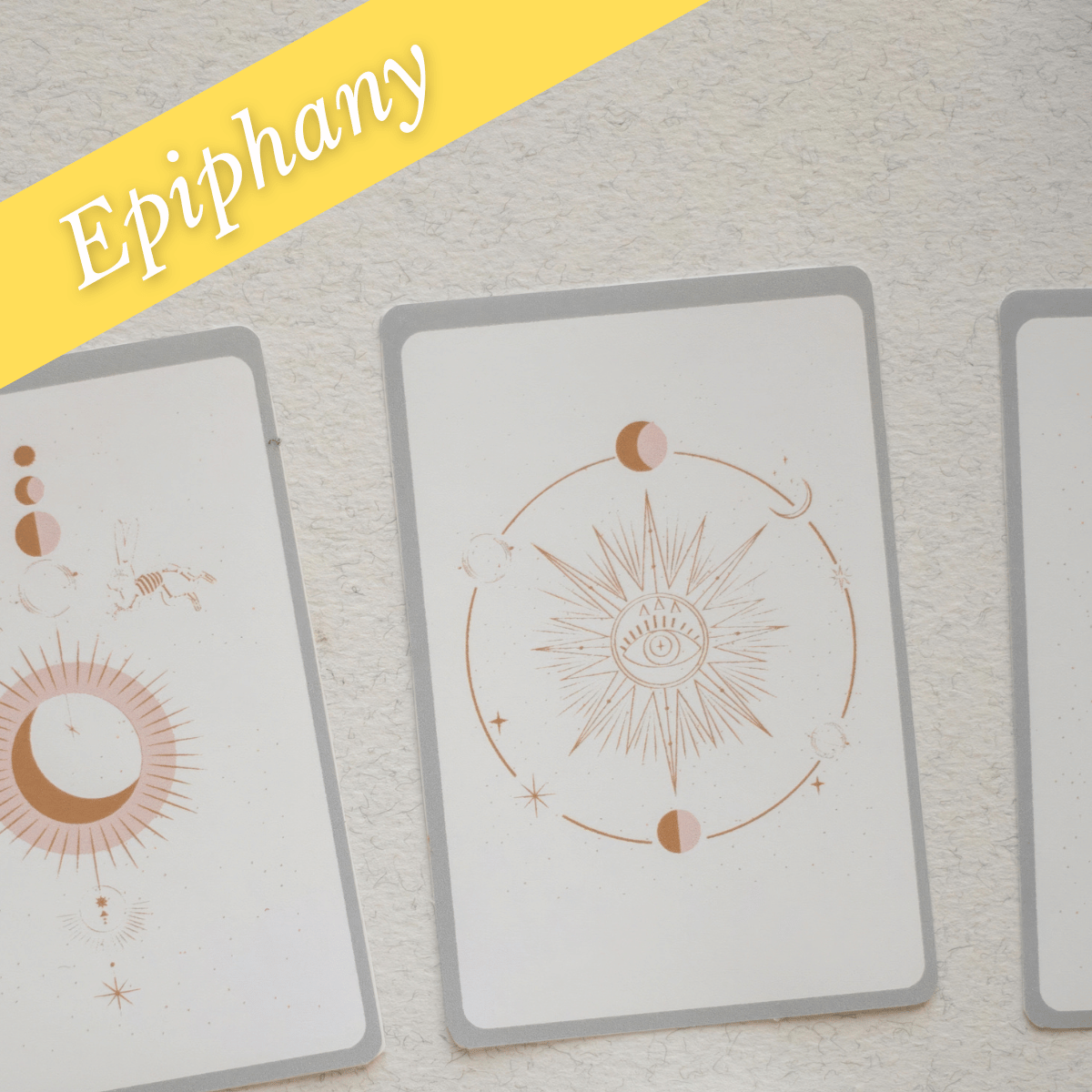Not Quite Connecting
Written by Emma McCoy
5 minute read
Gen Z, of which I’m an unwitting member, is perhaps the most connected generation to ever exist. I was born in 2001, which means I have hazy memories of a VHS at my grandparent’s house, the first iPhone in my mother’s hand, the ever-present existence of the Internet, and a crystal-clear awareness of social media as soon as I entered middle school.
My parents did the absolute best they could with the tools they had. I begged incessantly to be allowed to have Instagram when I was twelve years old (“all my friends have it!”) and they allowed it, as long as my account was private and they reviewed everyone who followed me. Since the age of twelve, I’ve had at least one social media account at any given time, dozens of friends at my fingertips, and an absolute barrage of content that would fry the brain of a Medieval peasant. At one point, I was on Instagram, Snapchat, Twitter, Facebook, Pinterest, and Tumblr, and would close one app only to open another.
Artwork by ula sveik
My father has been very open about the fact that if it had been up to him, I wouldn’t have any of those apps. And it’s a good thing that didn’t happen, because my mom was right in that it would’ve caused some serious damage to our relationship (seriously, everyone I knew was on Instagram). But at the same time, ten years after I first opened Instagram, I wish I had never been given it. I’ve struggled with spending too much time on my phone for these entire ten years, and the kind of content I was being flooded with was—and still is—entirely too intense: graphic, violent, disturbing, whiny, sexual, and meant for people way older than a middle schooler. I’m so connected I can hardly stand it. Emails come pouring in; I’m notified of something a senator on the East Coast said and why it’s awful; three different group chats are all discussing different things; someone from my small group freshman year just gave birth; former teammates share their training routines.
Image based created with AI and edited by Jessie Bloss
And yet both me and my generation experience a profound loneliness. A Cigna study calls Gen Z the loneliest generation, and suggests social media users feel it the hardest. What happened to being the most connected generation? As someone who’s grown up this way, I can say it’s a situation where it’s both:
we’re alone precisely because we’re so connected.
Take this for example: a few weeks ago, the Twitter account associated with Elmo tweeted: “Elmo is just checking in! How is everyone doing?”
Oh, Elmo.
The thousands of responses revealed the despair that so many people are feeling.
People talked about their depression, their fear of the future, their relationships, and their mental health. It became a huge thing, to the point where I was seeing it on my own social media feed. I laughed and kept scrolling. Then, later, when my dad talked about this example during church, I found myself pausing. There’s something off about everyone piling on Elmo’s Twitter page to vent about their feelings. But people are talking about their feelings; isn’t that a good thing?
Not really. Not when it stills leaves us alone. Tweeting a response to a fictional character’s account might be cathartic, but it’s still a solitary act, done while stirring spaghetti on the stove or laying in bed or waiting for the bus or slumped over a desk. This outpouring of feeling, this lament, is done on social media, alone. Not social. Rather than lamenting together, in an intentional, vulnerable community, there is no recognition of the other. There might be other people on that Twitter thread, but there’s no significant interaction.
Image base created with AI and edited by Jessie Bloss
This is why lament is so important.
I come from a generation that reposts, comments, shares, likes, and quotes, and while some parts of that can feel connected (like knowing an old acquaintance is starting a family, or my old teammates are still training) it’s nothing close to actual relationship. When things get hard, when grief or hopelessness comes creeping in, there is no substitute for being with someone who knows you, understands you, and is willing to sit in the difficulty with you.
When we practice lament and the season of Lent as a church and community, we practice something that our culture seems to be losing. We practice now, even if things aren’t necessarily bad, so we know what to do when they are. So that when a loved one dies, or we lose a job or home, or everything becomes dark and bad, we don’t resort to scrolling and Tweeting about how sad we are. We call someone, or they call us, and we don’t go through the valley of the shadow of death alone.
Join us this Sunday for our first gathering of Lent, where we’ll talk about our helplessness, and the importance of acknowledging we’re not in control while surrendering to God. We don’t have to do anything alone—not joy, not fear, and certainly not grief or depression.












3-minute read